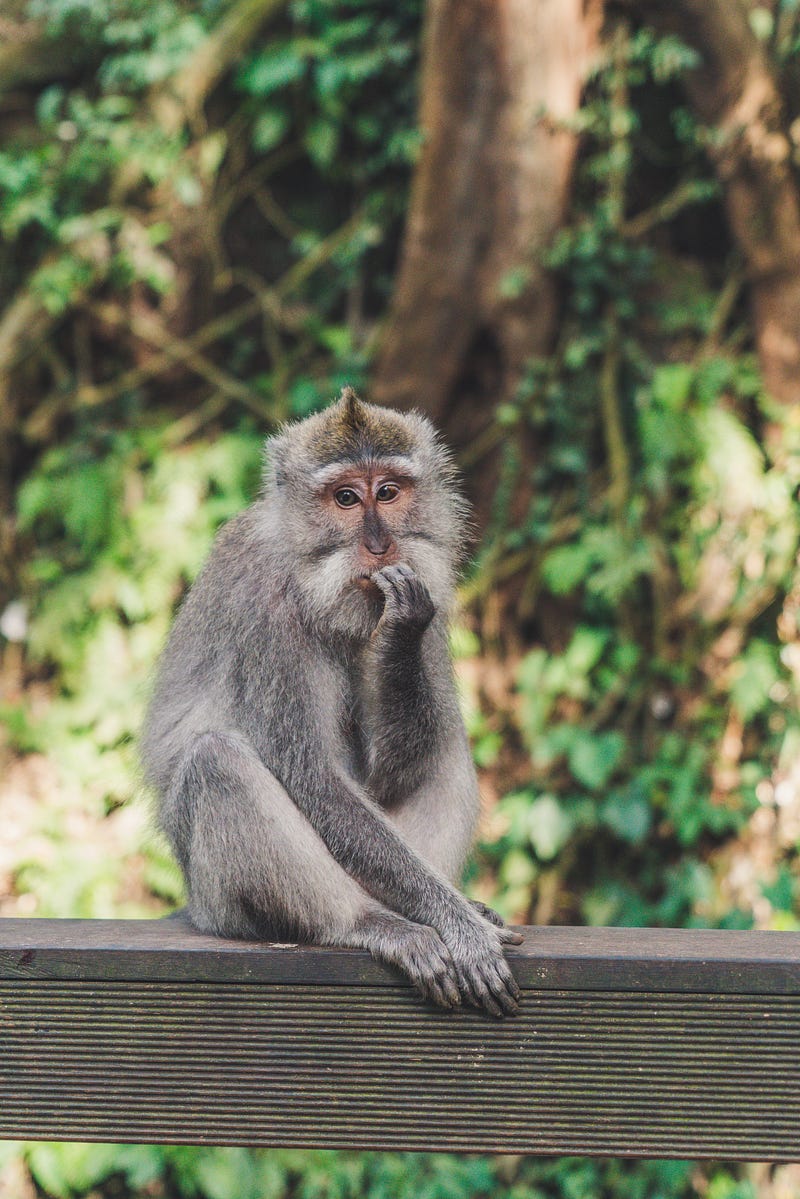Overcoming Self-Doubt: Insights and Strategies for Success
Written on
Understanding Self-Doubt
Self-doubt can be a significant barrier to personal and professional success. Kevin Cokley, a psychologist from the University of Texas at Austin, explores this complex issue, often associated with imposter syndrome—a psychological phenomenon where successful individuals feel undeserving of their achievements.
> "It's the notion that even highly accomplished and intelligent people often feel like they are deceiving others about their capabilities." — Kevin Cokley
These feelings can lead to severe outcomes, including anxiety, depression, and diminished self-worth.
Key Indicators of Self-Doubt
The Fear of Being Exposed
Viola Davis, a celebrated actress, shared her struggles with self-doubt during a CBS 60 Minutes interview. She articulated a common fear among artists: the anxiety of being discovered as a fraud.
> "I may not be as exceptional as others perceive me to be."
This sentiment reflects a prevalent concern—worrying that the praise from peers might be unwarranted, leading to the fear of not meeting those inflated expectations.
The Question of Worthiness
In her memoir, "Becoming," Michelle Obama expresses a recurring question that has plagued her: "Am I good enough?" This question resonates deeply, particularly in the context of societal pressures and perceptions. Cokley suggests that her self-doubt may stem from external judgments related to her identity and role.
The Burden of Scrutiny
Tom Hanks, one of Hollywood's most beloved actors, has voiced a similar struggle. Despite his immense success, he often questions how he arrived at his position and whether he can maintain it.
> "There comes a moment when you wonder, when will they find out I'm a fraud?"
Recognizing this internal criticism is crucial, especially when one achieves something commendable yet feels compelled to downplay it.

Strategies to Combat Imposter Syndrome
Acknowledge Your Achievements
Kevin Cokley recommends actively recognizing your accomplishments. He often reviews his publication metrics to remind himself of his scholarly contributions.
For most of us, a similar practice can be beneficial. Regularly reviewing your achievements—degrees, awards, and milestones—can reinforce the belief that you are deserving of your success.
Maintain a Success Journal
If you lack tangible accolades, consider keeping a diary to document your daily successes. This practice can help counteract feelings of inadequacy by reminding you of your capabilities and achievements over time.
Foster Positive Connections
Overcoming self-doubt involves understanding that you are not alone in your struggles. Seek out individuals who inspire you and focus on their positive traits as well as your own.
By building connections and surrounding yourself with supportive people, you can mitigate feelings of inadequacy and cultivate a healthier self-image.
Reframe Setbacks
When faced with failure, it is essential to reframe your perspective. Recognize that even the most successful individuals experience setbacks and that these do not define your worth.
> "Do not let your mistakes define who you are or what you can achieve." — Kevin Cokley
By shifting your focus away from perfection and embracing the learning process, you can reduce the grip of self-doubt.
Catch the following insightful videos that delve deeper into overcoming self-doubt:
Freedom from Self-Doubt by B.J. Davis offers valuable insights into liberating oneself from feelings of inadequacy.
Why We're Hard on Ourselves: The Psychology of Self-Doubt explores the roots of self-criticism and offers strategies for managing it.
In conclusion, remember that you are not alone on this journey. Acknowledging your achievements and reframing your mindset can significantly contribute to overcoming self-doubt.
If you found this content helpful, consider following for more insights on self-improvement and motivation.